SUMMARY
This is AI generated summarization, which may have errors. For context, always refer to the full article.

MANILA, Philippines – All the big names in the Philippine Catholic Church, including the papal nuncio, are flying to Aklan in early July for their plenary assembly, one of the rare times it is being held outside Manila.
The plenary assembly of the Catholic Bishops’ Conference of the Philippines (CBCP) will be held at Marzon Hotel along Jaime Cardinal Sin Avenue, Kalibo, Aklan, from July 8 to 10. Their 126th plenary will be preceded by their annual retreat, also in Aklan, from July 4 to 6.
What is the CBCP plenary assembly?
The CBCP plenary assembly is a twice-a-year meeting that gathers the Philippines’ 88 active bishops, 37 retired or resigned prelates, and two diocesan priest administrators.
In an interview with Rappler, CBCP secretary-general Monsignor Bernardo Pantin said bishops discuss mostly “pastoral” matters, or ways by which they can care for their flock. They also craft common positions on certain moral, doctrinal, or social issues on the agenda.
During this plenary assembly, bishops are also due to elect their new officers, including the new president and vice president of the CBCP.
If tradition is followed, however, Kalookan Bishop Pablo Virgilio David is likely to be reelected president, while Pasig Bishop Mylo Hubert Vergara is likely to be reelected vice president. David and Vergara are first-termers, and they are allowed to be reelected once.
Why are CBCP plenaries important?
It is important to first clarify that the CBCP, in Pantin’s words, “does not have power over the individual bishops.” This is because in the hierarchical structure of the Catholic Church, bishops are directly answerable only to the Pope in Rome.
The CBCP is like the Metropolitan Manila Development Authority in relation to Metro Manila mayors – it is a coordinator, not a superior. Individual bishops, like individual mayors, have the power to decide on their own within their jurisdiction.
Pantin said the CBCP plenary, however, still serves as a “clearinghouse for an exchange of ideas.”
Historically, CBCP plenary assemblies have been the source of the body’s strongest or most anticipated statements.
In February 2016, it was after a plenary assembly that the CBCP denounced the “reign of terror” in former president Rodrigo Duterte’s war on drugs. In January 1986, in a post-plenary statement titled “We Must Obey God Rather Than Men,” the CBCP warned against fraud in the February 1986 snap elections between dictator Ferdinand Marcos and Corazon Aquino.
It is worth watching if the bishops, in their July 8-10 plenary, would release a statement on the dictator’s son President Ferdinand Marcos Jr., who is marking his first year in office on June 30.
Why hold the plenary in provinces like Aklan?
The CBCP plenary assembly is often held at Pope Pius XII Catholic Center in Manila, but Pantin said bishops decided in 2019 “if they could try to go back to regional meetings, regional assemblies.” In 2016 and 2018, the CBCP had already broken tradition and held plenary assemblies in Cebu.
“The purpose really is to give people the awareness that the bishops speak together, they discuss. At least the bishops can also be nearer to the people. That is why there will be Masses with the people there: so that the people can see the bishops of the entire Philippines,” Pantin said in a mix of English and Filipino.
Pantin also related this move to the Synod on Synodality initiated by Pope Francis. This synod is a three-year process that involves consultations with Catholics about a wide range of issues, including hot-button topics such as contraception, gay marriage, and ordination of female priests.
“The importance of synodality is more on listening to the people,” Pantin said. “Usually, we can listen to the people if we are there in the place.”
Pantin clarified that the bishops will not hold a formal “meeting with the people” during their plenary, as it is a short meeting of only three days. At least their presence in Kalibo, however, gives the awareness “that the bishops are getting closer to the people.” – Rappler.com
Add a comment
How does this make you feel?

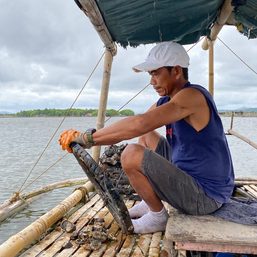
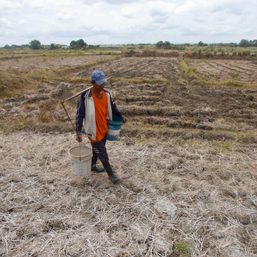
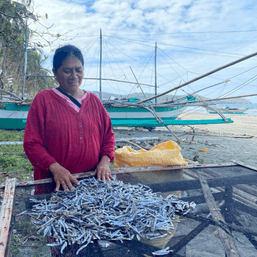

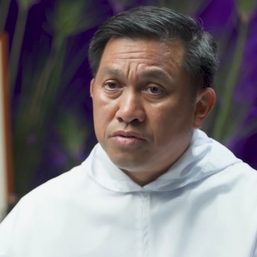
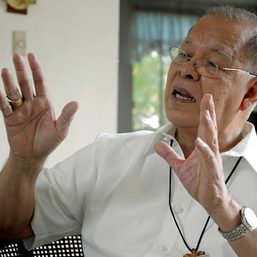
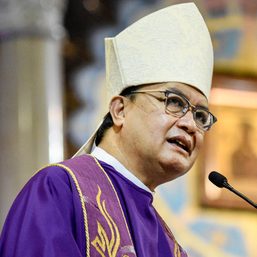
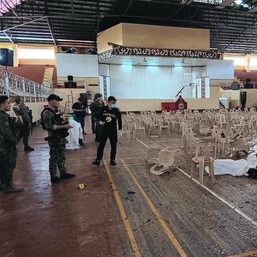
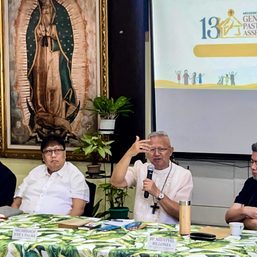
![[OPINION] Stop getting owned by Apollo Quiboloy](https://www.rappler.com/tachyon/2024/04/tl-stop-getting-owned-by-quiboloy.jpg?resize=257%2C257&crop=271px%2C0px%2C719px%2C720px)
![[OPINION] On divorce and Filipino values](https://www.rappler.com/tachyon/2024/04/divorce-filipino-values-april-24-2024.jpg?resize=257%2C257&crop_strategy=attention)
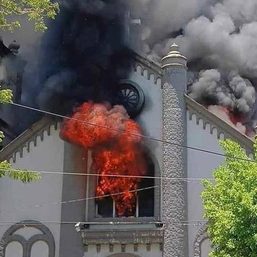
![[Judgment Call] Is Rappler an ‘enabler’ of Catholic ‘copycats’?](https://www.rappler.com/tachyon/2024/04/catholics-copycats-april-18-2024.jpg?resize=257%2C257&crop=418px%2C0px%2C1080px%2C1080px)
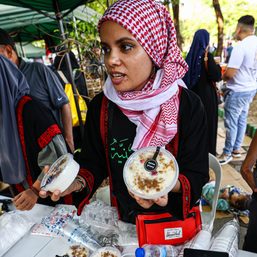
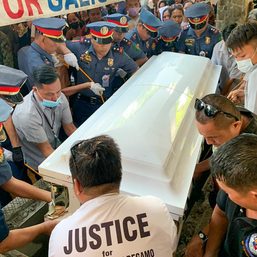
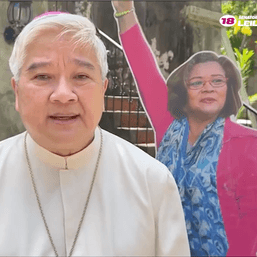
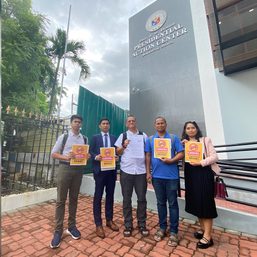
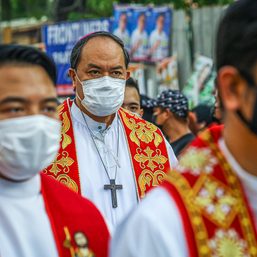
There are no comments yet. Add your comment to start the conversation.